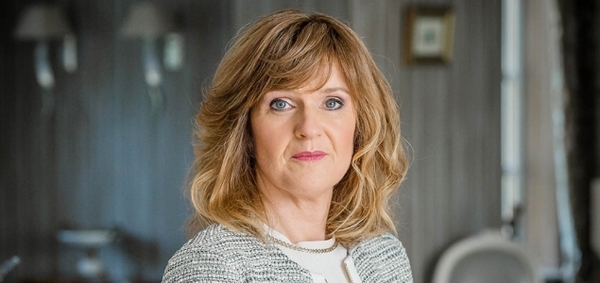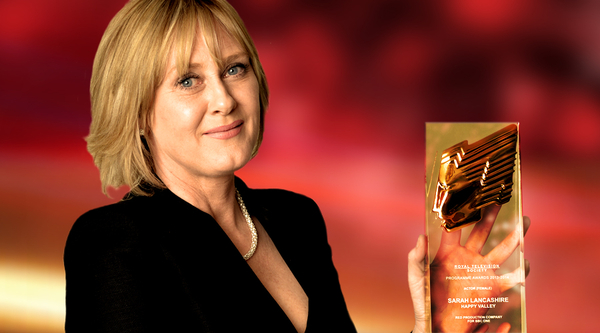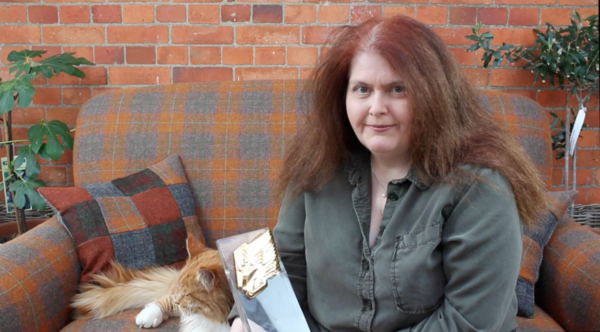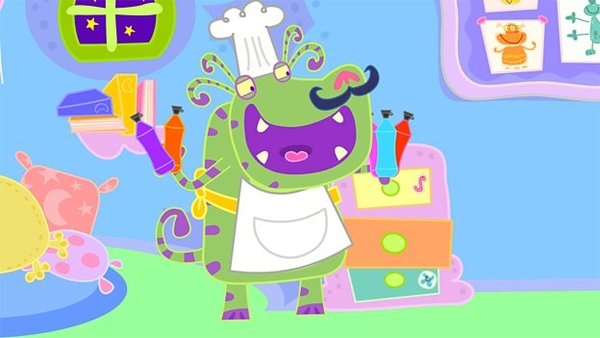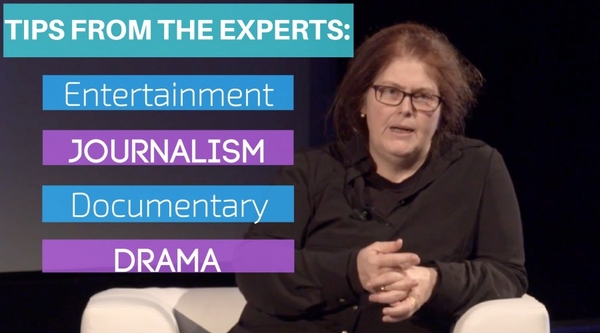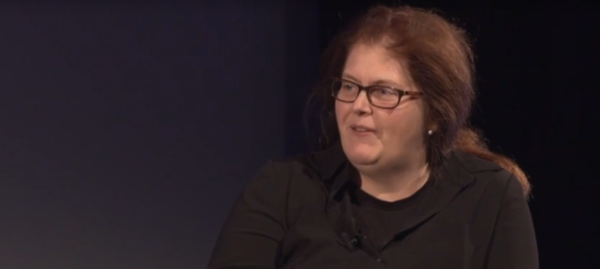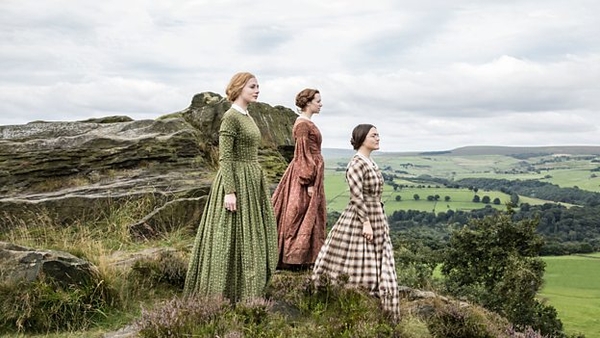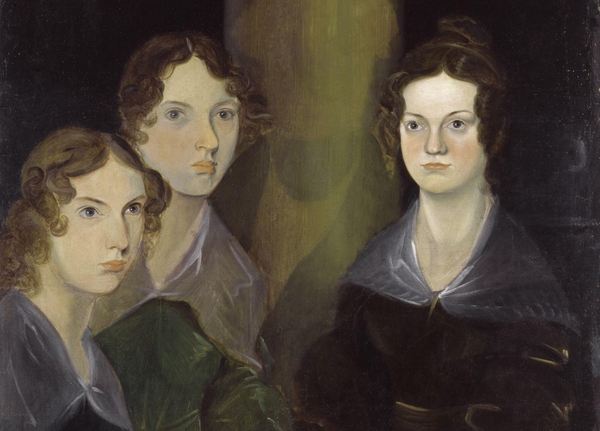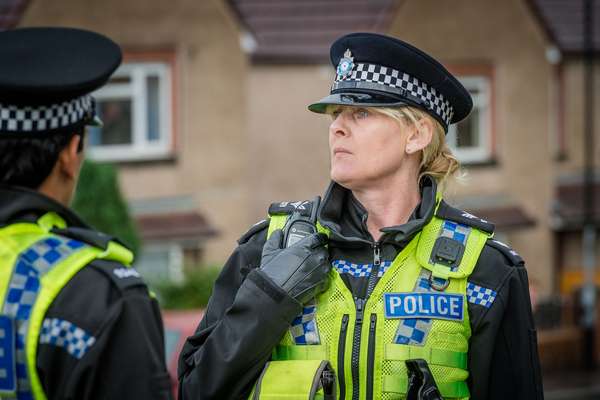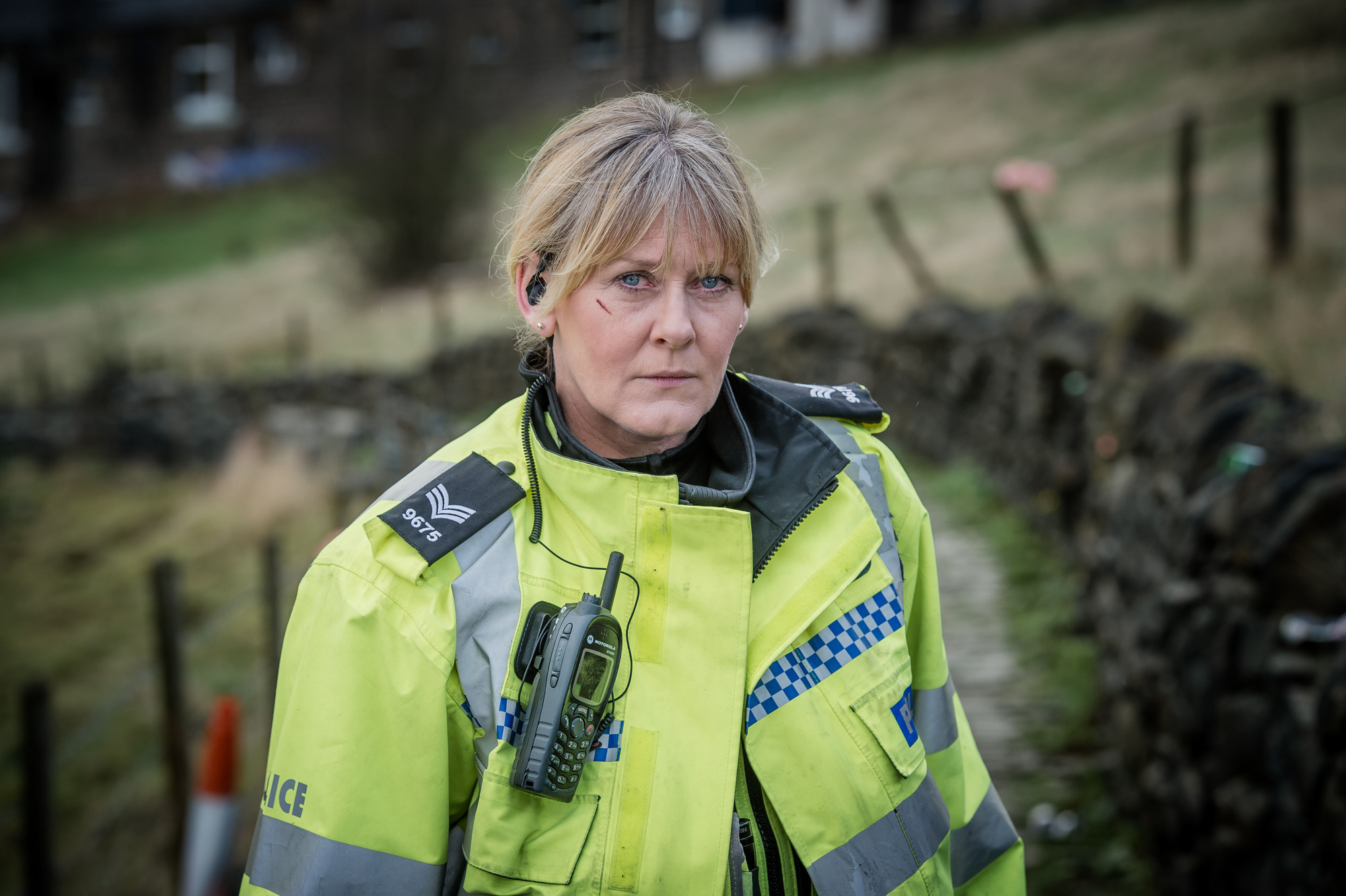Happy Valley's Siobhan Finneran joins the cast of Cold Feet
Finneran plays Cheshire housewife Nikki Kirkbright, who develops a close bond with David Marsden (Robert Bathhurst) through his job in personal finance.
Despite her luxurious lifestyle, there is more than meets the eye as it becomes apparent that Nikki's husband George (Robert Glenister) is not the man he seems.
When secrets are revealed, will David be able to help Nikki escape, or will he get tangled up in the situation?

